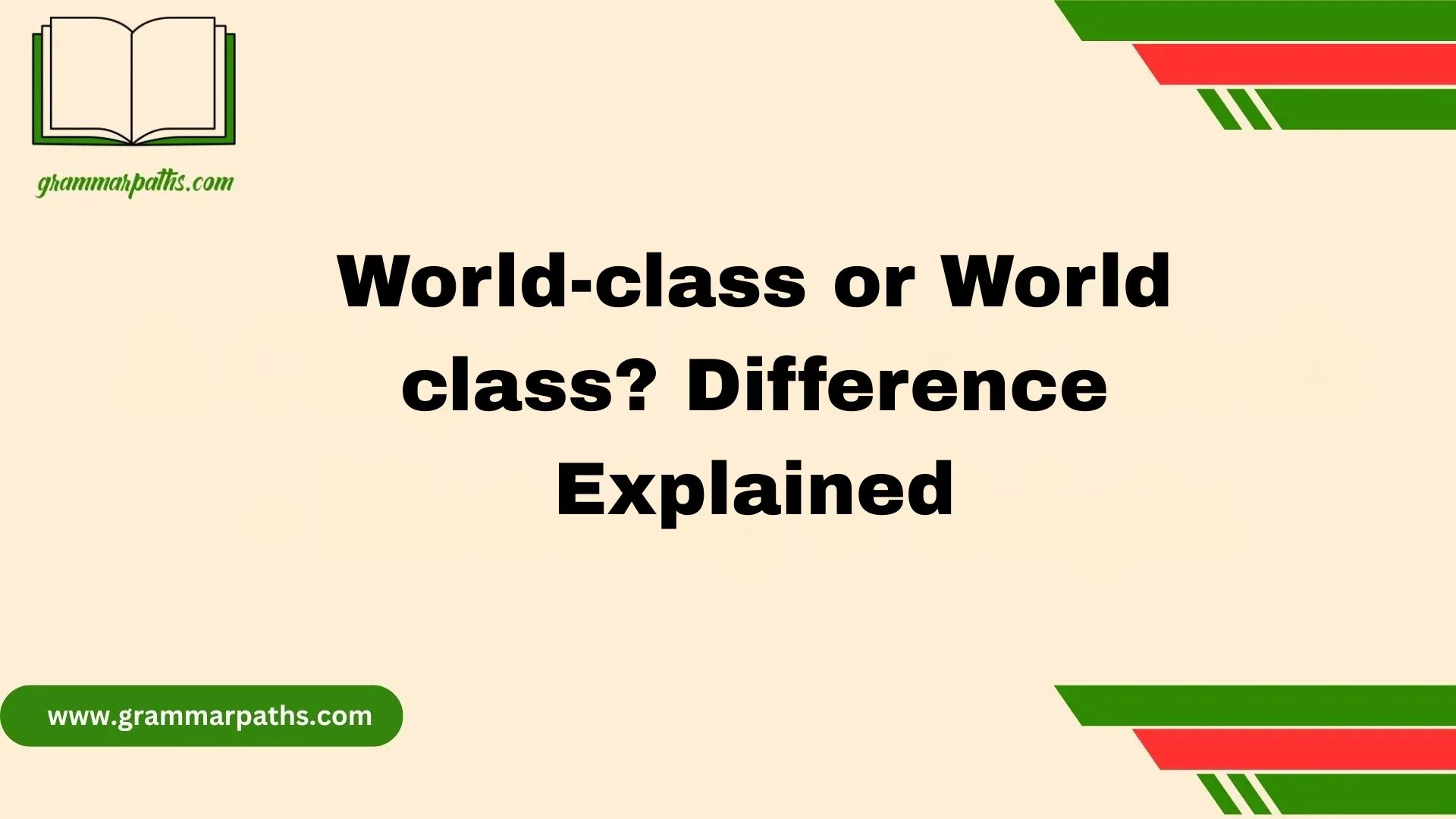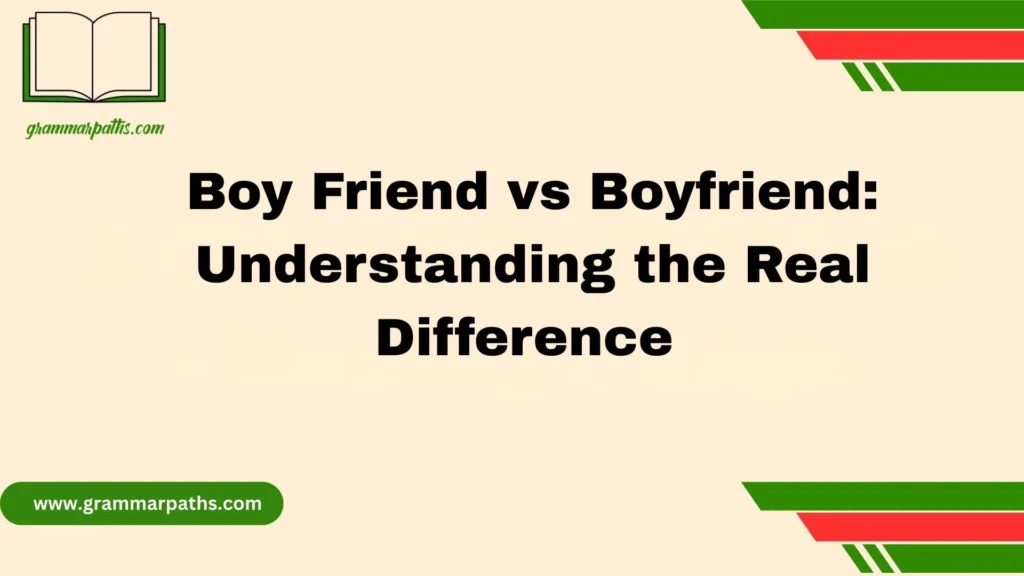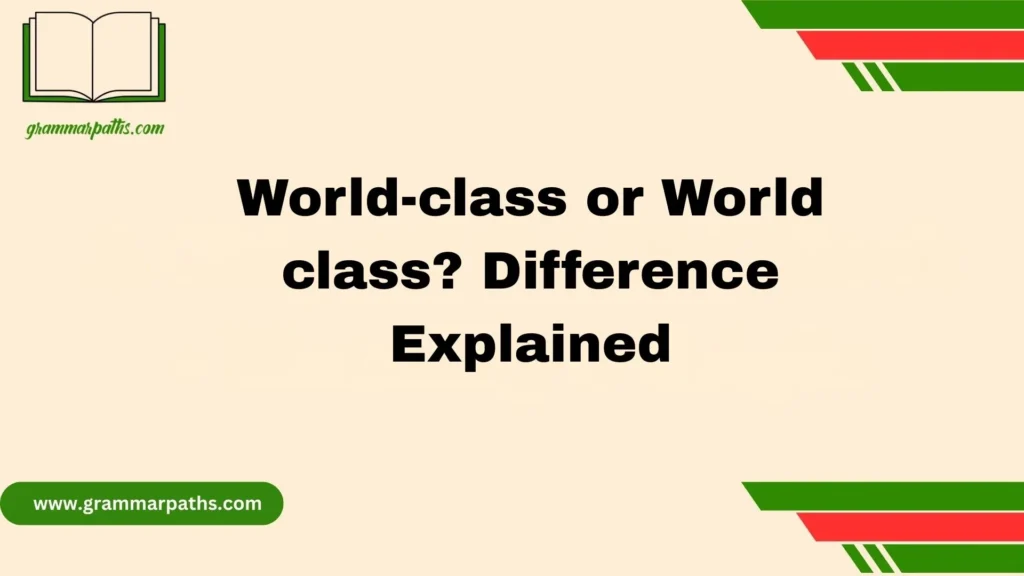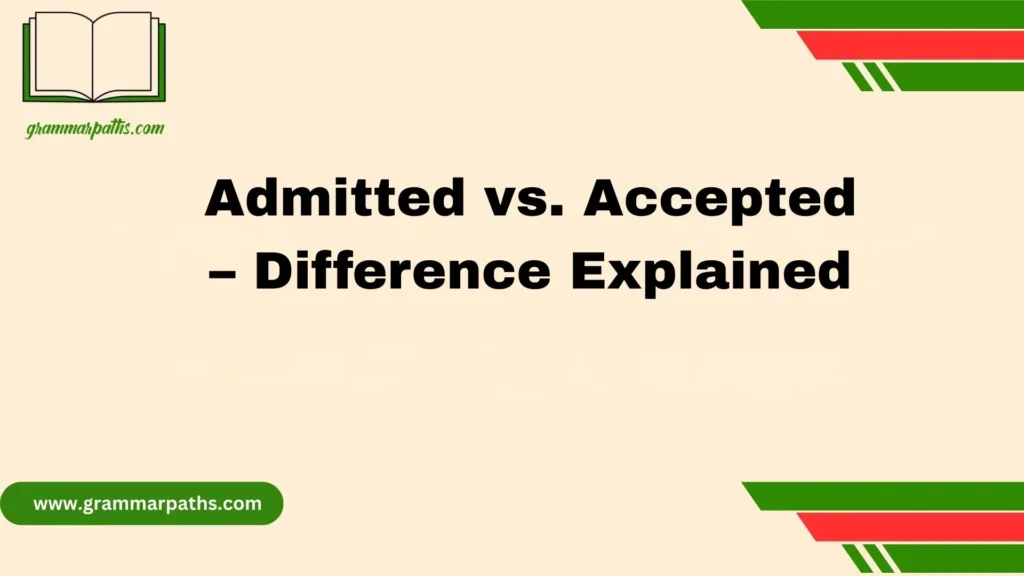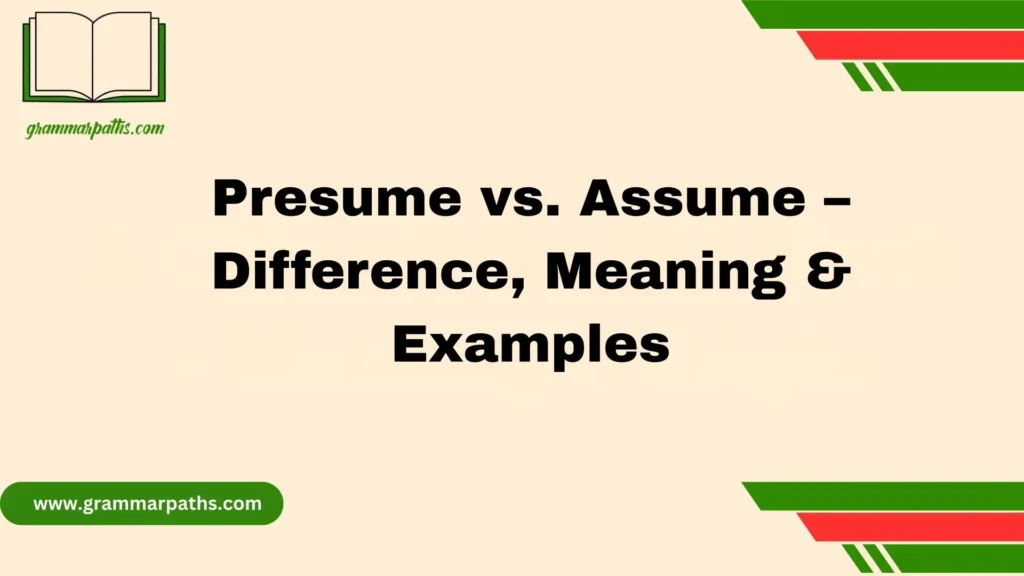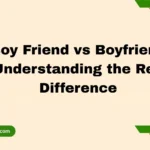When we hear the term World-class, it immediately paints a picture of something exceptional, remarkable, and above ordinary standards. Whether it is world-class education, world-class healthcare, or world-class athletes, the phrase reflects excellence that stands out on a global scale. To be described as world class means surpassing average expectations and setting benchmarks that others aspire to achieve.
In today’s competitive world, individuals and organizations strive to deliver world-class services and world-class experiences because people now compare standards not only locally but also internationally. For instance, a world-class university is one that attracts students from all over the globe, while a world-class company delivers products that compete successfully across continents.
The idea of being world-class goes beyond quality alone—it includes innovation, consistency, trust, and recognition. In sports, a world-class player shows talent, discipline, and results that place them among the best. In business, a world-class brand earns loyalty and global respect through performance and reliability.
Ultimately, the phrase world-class is not just a label but a reflection of values, effort, and achievement that rise above borders. It symbolizes excellence worth celebrating and emulating.`
The Basics of Hyphenation in American English
A hyphen (-) connects words or parts of words to clarify meaning. Unlike a dash, which separates thoughts, a hyphen binds words together. One of the most common uses is in compound adjectives—two or more words that work together to describe a noun.
For example:
- A well-known author
- A high-speed train
- A three-year-old child
Without the hyphen, these phrases can confuse readers. Imagine reading “a three year old child.” Is the child three years old, or is there a “three year” that is old? That little line saves you from misreading.
The Chicago Manual of Style, Associated Press (AP), and MLA Handbook all provide guidance on hyphenation. While rules vary slightly, one principle remains steady: use a hyphen when multiple words modify a noun together.
“World-class” as a Compound Modifier
Now let’s apply that principle to our key phrase.
When you write “world-class athlete,” the words world and class are not acting separately. Together, they describe the athlete. The hyphen shows that it’s a single idea: someone who performs at a standard recognized across the globe.
Examples:
- She delivered a world-class performance.
- The company hired a world-class designer.
Here, the hyphen is essential because “world” and “class” combine to form a single adjective before the noun. Without it, the sentence could feel disjointed or ambiguous.
When to Write “World-class” vs. “World class”
This is where most writers get tripped up. The choice between “world-class” and “world class” depends on sentence structure.
- Hyphenated (world-class): Use it when the phrase directly modifies a noun.
- Example: She is a world-class pianist.
- Open (world class): Use it when the phrase functions as a noun or after a linking verb.
- Example: Her performance was world class.
Think of it this way:
- Before a noun → Hyphenate.
- After a verb → Don’t hyphenate.
Side-by-Side Comparison:
| Correct Usage | Incorrect Usage | Why |
| She’s a world-class chef. | She’s a world class chef. | Missing hyphen makes it less clear. |
| His skills are world class. | His skills are world-class. | Hyphen not needed after a verb. |
This distinction might seem small, but editors and grammarians notice. Consistency builds credibility in professional writing.
Hyphenation and Clarity
The main purpose of hyphenation is to remove confusion. Consider these sentences:
- Without a hyphen: The school offers a world class program.
- With a hyphen: The school offers a world-class program.
In the first example, the phrase “world class” could be misread as two separate descriptors: “world” and “class.” The second example is crystal clear—it signals one unified description.
Style manuals emphasize clarity. The AP Stylebook recommends hyphenating compound modifiers before a noun if omission could confuse the reader. The Chicago Manual of Style adds that if meaning is obvious without the hyphen, it may sometimes be dropped. But with “world-class,” the hyphen almost always improves clarity.
“World-class” in Professional and Academic Writing
Professionalism often hinges on details. Business proposals, research papers, and marketing copy all rely on precision. Using “world-class” correctly signals that you pay attention to detail.
- In journalism: Newspapers frequently describe athletes, leaders, or innovations as “world-class” when emphasizing global recognition.
- In academia: Scholars might use “world-class” when referring to universities or research facilities ranked internationally.
- In business: Companies boast of “world-class service” or “world-class engineering” to position themselves as elite.
Case Study:
In 2024, Times Higher Education ranked institutions by describing them as “world-class universities.” The hyphen here wasn’t just a grammar choice—it reflected credibility. Without it, the phrase would seem careless in an otherwise authoritative context.
Consistency matters. A résumé that says “world class skills” looks less polished than one that says “world-class skills.” In competitive fields, small slips can carry big weight.
Capitalization and Styling Rules
Hyphenated words pose an extra challenge in titles and headings. Do you capitalize both parts or just the first? Style guides differ, but here are general rules for American English:
- In titles and headings (Title Case): Capitalize both words.
- Example: World-Class Talent Across Industries
- In sentence case: Capitalize only the first word unless a proper noun appears.
- Example: The team delivered world-class results.
Table: Correct Styling
| Style | Correct | Incorrect |
| Title Case | World-Class Service | World-class Service |
| Sentence Case | We provide world-class care. | We provide World-Class care. |
The key is consistency. If your company branding capitalizes hyphenated terms differently, stick to that choice. Otherwise, follow standard grammar conventions.
Alternatives to “World-class”
Here’s the catch: “world-class” is powerful, but it’s also overused. In marketing especially, it can become a buzzword that loses impact. To avoid repetition, consider synonyms or alternative expressions.
Alternatives:
- Elite (elite athletes, elite education)
- Top-tier (top-tier solutions)
- Exceptional (exceptional results)
- Renowned (renowned professor)
- Internationally recognized (internationally recognized artist)
Each synonym carries a slightly different shade of meaning. For example:
- “Elite” emphasizes exclusivity.
- “Top-tier” stresses rank.
- “Renowned” highlights reputation.
Using these alternatives strategically keeps writing fresh and persuasive.
Common Mistakes and Misuses
Even skilled writers misuse “world-class.” Let’s break down the common pitfalls:
- Dropping the hyphen when it’s needed:
- Wrong: She runs a world class company.
- Right: She runs a world-class company.
- Adding the hyphen when it isn’t needed:
- Wrong: His abilities are world-class.
- Right: His abilities are world class.
- Overuse as a filler word:
- Marketing teams sometimes call everything “world-class.” This waters down credibility. Instead of repeating it, back up claims with measurable achievements.
Quote from William Zinsser (author of On Writing Well):
“Clutter is the disease of American writing. Clear thinking becomes clear writing.”
In other words, don’t hide behind “world-class.” Prove it with examples and evidence.
Quick Reference Guide
Here’s a handy table to settle the confusion once and for all:
| Usage | Example | Rule |
| World-class (hyphenated) | She’s a world-class scientist. | Use before a noun. |
| World class (open) | His presentation was world class. | Use after a verb. |
Keep this in mind: Hyphen before the noun. Open form after the verb.
Conclusion
The term world-class is more than just a compliment—it represents the pinnacle of excellence, global recognition, and unmatched quality. Whether we talk about world-class universities, world-class athletes, or world-class customer service, the phrase defines a standard that is admired and respected worldwide. To achieve this level requires consistency, dedication, innovation, and performance that stand out on an international stage.
In every industry, being world-class means not only delivering results but also inspiring trust, setting new standards, and leaving a mark that others aim to follow. It is a symbol of greatness that transcends borders and cultures.
FAQs
Q1. What does world-class mean?
World-class means being among the best in the world, recognized for outstanding performance, quality, and standards.
Q2. Is it written as world-class or world class?
Both forms are used, but world-class (with a hyphen) is more common in professional and academic writing.
Q3. Can individuals be called world-class?
Yes, people such as world-class athletes, leaders, or performers are often recognized for their exceptional global achievements.
Q4. What makes a company world-class?
A world-class company delivers top-tier products, services, and customer satisfaction, earning international respect.
Q5. Why is world-class important?
The label reflects trust, credibility, and excellence, making it a key factor in global success.

Mia Rose is the passionate writer and founder of GrammarPaths.com, a resource dedicated to helping learners master English grammar, idioms, and writing skills with ease. With a deep love for language and years of experience in teaching and content creation, Mia simplifies complex grammar rules into clear, practical guides that readers can instantly apply.
